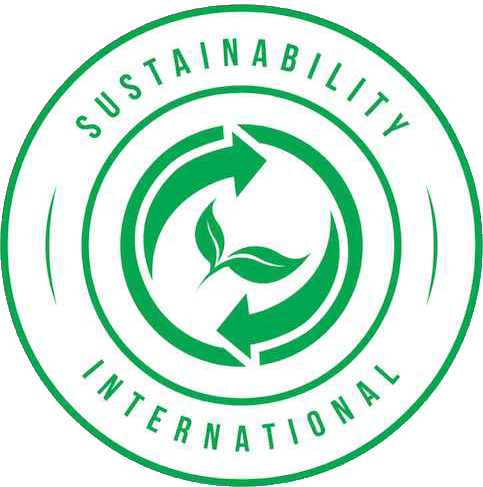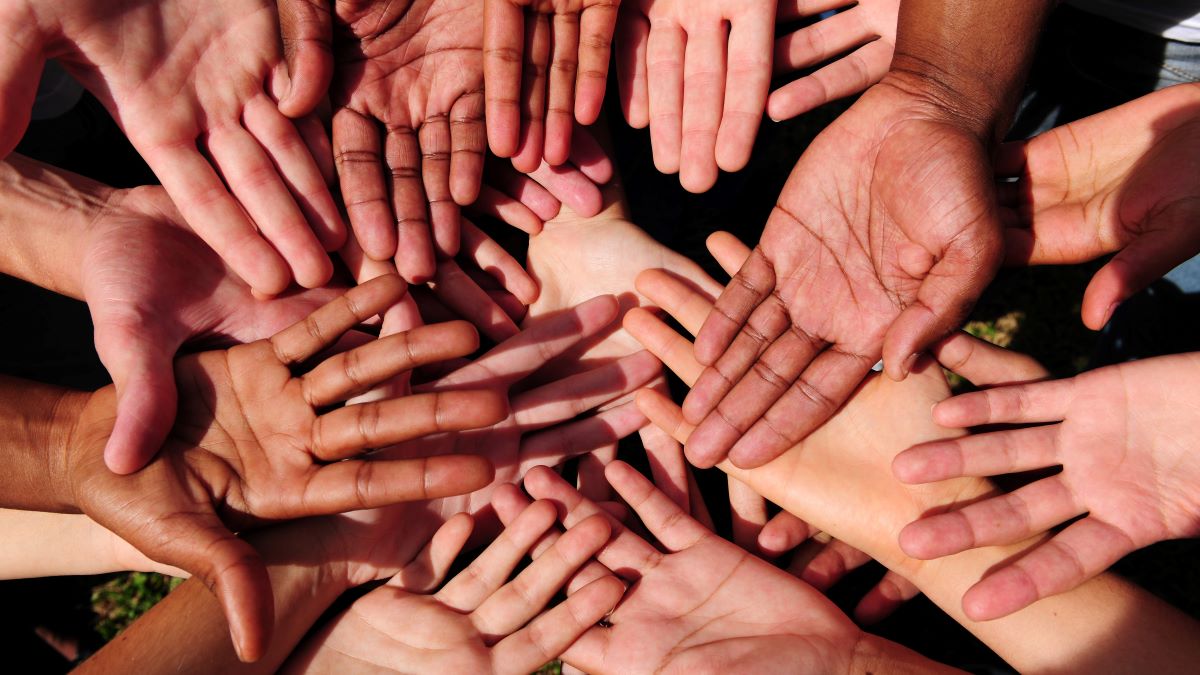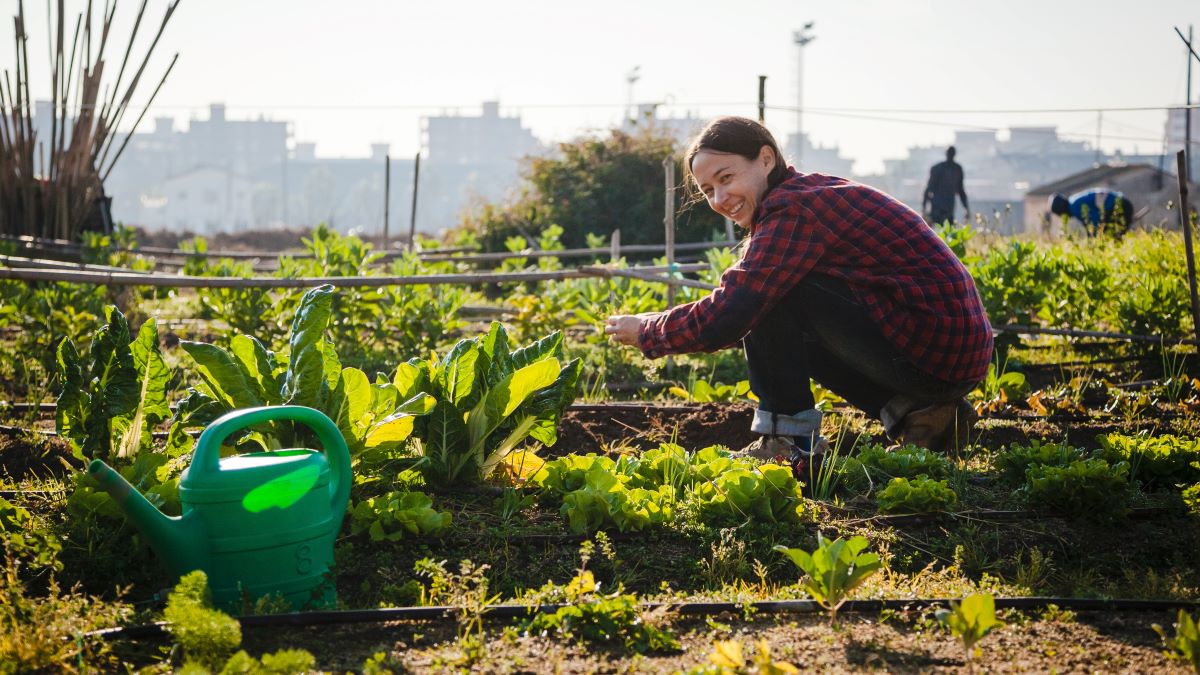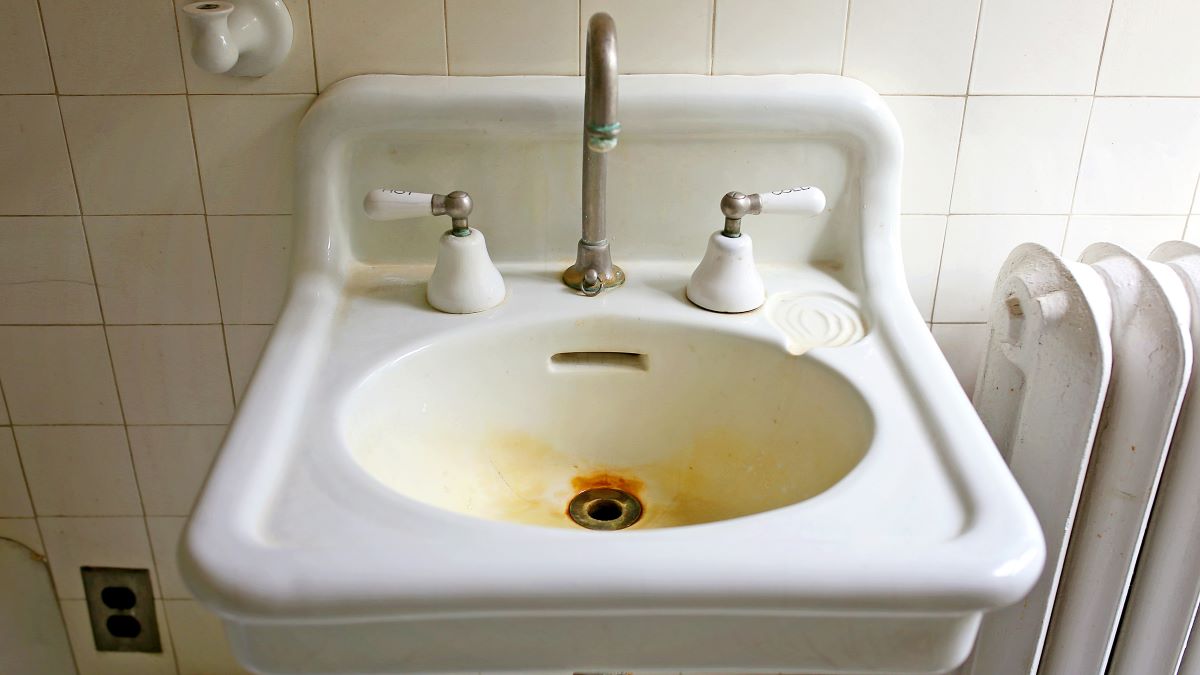Ideally, we should avoid single-use plastic bags and plastic film. Failing that, we should reuse them as much as possible. But not all bags are reusable. And most can be reused only so many times before they tear. Plus, plastic wrap and plastic film are near-impossible to reuse around the house. (For the rest of this article, I’ll use the term “plastic bags” to refer to both plastic film and plastic wrap.)
Eco-conscious folks don’t want to put them in the trash, if avoidable — and we certainly don’t want to strew them on the streets or grounds, where they will foul the environment and endanger animals, birds, and fish.
You can, thankfully, recycle many — though not all! — of your plastic bags. But you can’t put them into the same recycling bins where you put paper, cans, bottles, etc.

Putting plastic bags in the wrong bin contaminates the other recyclable materials and can create dangers for recycling workers because the thin plastic film can become tangled in machinery and jam equipment.
Thankfully, grocery stores and big retail stores host collection bins where you can drop off plastic bags for recycling, though these programs are often paused due to COVID-19. Numerous organizations help promote responsible plastic bag recycling, through labeling, education, and other efforts. And companies like Trex turn half-ton bales of collected bags into everything from new plastic bags to synthetic/composite lumber for decks, fences, benches, and more.
Here’s advice based on my chats with a number of these sources. Where I got conflicting or inadequate answers, I’ve opted for the more cautious “When in doubt, just throw it out” advice, on the premise that not contaminating the collection is more important than including that last 1-2%.
Recyclable Plastic Bags, Wraps, & Film
According to the American Chemical Council’s Plastic Film Recycling site, “Plastic film — also known as plastic film packaging — is soft, flexible polyethylene (PE) packaging such as grocery, bread, zip-top, and dry cleaning bags. It’s also the wrap around many products including paper plates, napkins, bathroom tissue, diapers, and more.”
Some plastic bags are labeled, typically with a “2” or “4” or even a graphic such as How2Recycle’s, shown below. Most of these should be recyclable. For everything else, however, you need to look and think to decide. Some won’t even be plastic!
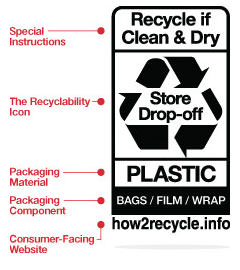
Some bags may display the How2Recycle label. Source: How2Recycle
Unlike some plastic containers, where black or other dark colorings create problems for the optical sensors in sorting machinery, color isn’t a concern for consumers recycling their plastic bags, since these bags aren’t machine-sorted.
“There are no color limitations on the plastic film that can be recycled at Trex collection locations,” according to Trex.
Examples of plastic bags, wraps, and film that can be recycled, according to Plastic Film Recycling, include:
- Retail, carryout, produce, newspaper, bread, and dry cleaning bags (clean, dry, and free of receipts and clothes hangers)
- Zip-top food storage bags (clean and dry)
- Plastic shipping envelopes (remove labels), bubble wrap, and air pillows (deflate)
- Product wrap on cases of water/soda bottles, paper towels, napkins, disposable cups, bathroom tissue, diapers, and female sanitary products
- Furniture and electronic wrap
- Plastic cereal box liners (but if it tears like paper, do not include)
- Any film packaging or bag that has the How2Recycle label
Don’t Include These in Your Plastic-Bags-to-Recycle Pile
Including the wrong stuff defeats the entire purpose of recycling plastic bags. This includes both the wrong bags and the potentially-OK bags that have disqualifying problems.
Recycling rules can vary from city to city, state to state, and even store to store, so do confirm your local recycling requirements.
DO NOT INCLUDE any of the following in your load of plastic bags and film to recycle
- Biodegradable or compostable bags: According to RecycleNow, “Compostable and biodegradable bags are not designed to be recycled and if they enter the recycling system can potentially cause quality issues in the recycled material.”
- Plastic bags from packaged frozen foods: These contain food preservatives that would contaminate the other recyclable bags in the batch.
- Bags that aren’t completely dry: The water interferes with proper processing.
- Bags that aren’t completely clean and dust-free: If there are a few crumbs, you may be able to rinse it clean. (Make sure you dry it.) But if there’s, say, peanut butter smear, throw it out.
- Plastic bags (or film or wrap) that:
- are stiff rather than stretchable (If you can’t poke your thumb into it and feel it stretch, don’t include it.)
- tear like paper
- crinkle loudly when you scrunch it up in your hand (like candy wrappers, snack bags, and flower bouquet wrap)
- are silvery/metallic (like what potato chips and printer ink cartridges come in)
Examples of what NOT to include in your bag-recycling pile, according to Plastic Film Recycling:
- Degradable/compostable bags or film packaging
- Pre-washed salad mix bags
- Frozen food bags
- Candy bar wrappers
- Chip bags
- Six-pack rings
And here’s another Yes/No list for plastic film recycling, from UK-based RecycleNow.
Prepping Your Plastic Bags for Recycling
For those bags that are OK to recycle:
- Make sure they are clean, dust-free, and dry. How2Recycle cautions, “if there’s a lot of food residue that doesn’t come off easily, it is best to not recycle it.”
- Remove paper labels, receipts, stickers, etc. If you can’t peel off a label, cut it off.
- Remove any zip-lock and hard-plastic slider seals.
Some places may be OK with leaving labels, stickers, and zip tops, but you can’t go wrong by removing them.
(See Earth911’s “How to Recycle Plastic Bags” for more guidance.)
Finding Locations To Recycle Your Plastic Bags
Many supermarkets and other stores have plastic bag recycling drop bins. This includes many (but not all) locations of Home Depot, Lowes, Star Market, Target, Wegmans, and Whole Foods.
Usually, you can find locations near you by doing online look-ups, such as:
- PlasticFilmRecycling’s Find a Drop Off Location
- Earth911’s Recycling Search
You can also ask your town/city hall or local recycling department.
However, recycling rules and locations are apt to change. So if a listed plastic bag drop-off location isn’t someplace you were going anyway, call first to make sure they still collect plastic bags for recycling. The local plastic bag recycling guidance should be posted on the collection bin.
Once you get the hang of what’s OK and what’s not and have found a store or two where you can drop off your plastic bags, all you need to do is designate a place in your home to accumulate the bags. Then, periodically — probably around once a month — bring them with you to the store. Not hard at all. Your planet, including the ecosystem and its critters, will thank you.
The post Plastic Bag and Plastic Film Recycling for Beginners appeared first on Earth 911.
